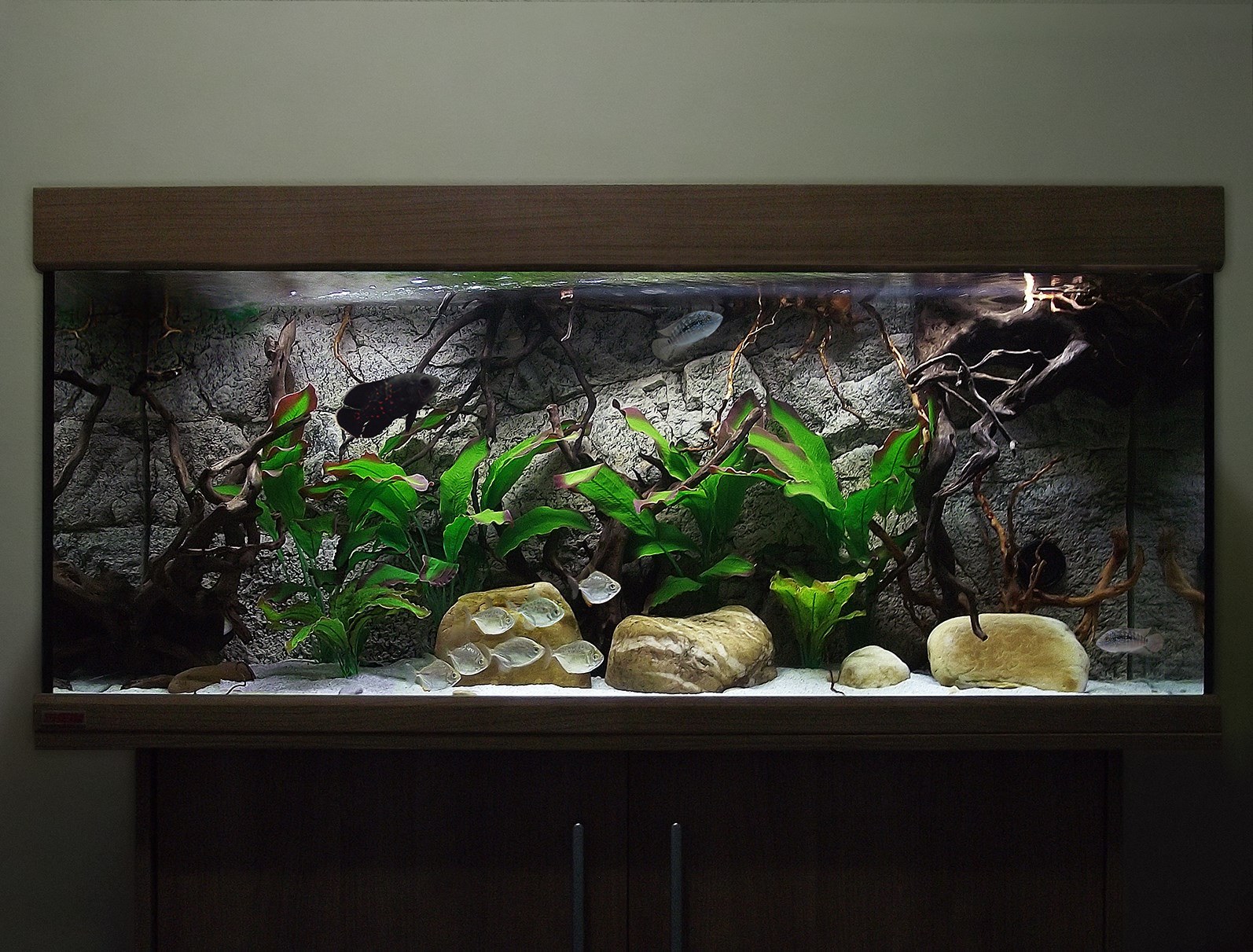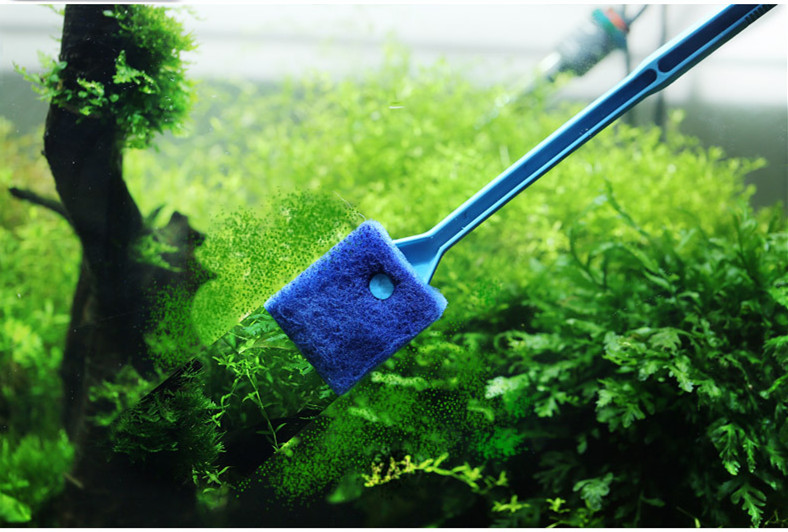2 person kayak
Basic Criteria for Fish keeping
Purchasing a new fish tank is exciting and fun. If you starting up and bringing home a fish for the kids, or even for your own aquarium, be sure to place your fish in its new home pronto. Don't delay it's imperative to get your fish home or it may overheat to room temp and die. Make sure your aquarium is completely set up and ready to go before you place your fish in its new home. It's not a good idea to plop your fish into the aquarium because it needs time to adjust to the temperature of the water. 50 l recommend placing the bag from the pet store into the aquarium and let it float so the fish can slowly adjust to the temperature of the water. This should take about 10-15 minutes. When you think it's good to go then you can take the fish out of the pet shop bag and let it swim around in its new aquarium. Don't forget to wash your hands when you’re finished.

Setting up your new fish Aquarium
Is your aquarium ready for your new fish? Make sure it is properly sized for the fish type you plan to place in the fish tank. Is your fish tank near a power outlet'? You will need power for the filtration process and lighting for your fish. Try to keep your aquarium out of common household vulnerabilities, like direct sunlight. Your fish tank should have about 2-3 inches of rocks and gravel for the base. Decorations are always fun but remember to leave room for your fish to swim around. You don't want your fish to get stuck in your silly decorations so don't overdo it with the decor. Live plants are good for the environment and are pleasing to the eye.
Artificial plants will do but if they get loose they usually float into the filter and jam the aquarium. With live plants at least, you will be able to have stability when the roots grow into the gravel. Make sure your fish tank is filled with NON-CHLORINATED water, and get the water temp. in a range of 74-82 degrees for tropical fish groups and 68-72 degrees for goldfish groups. Most important of all is safety. You need to be sure your fish tank is Stable!
Fish tank components and accessories
if your tank is not stable you risk the possibility of a leak or break. Get a proper foundation or stand to place your tank on. Do you have the right filter? You need to get a reliable filter. Canister, under gravel and even power filters, can remove wastes and provide safe clean water for your fishes, and plants. A thermometer and heater are key to maintain the right water temperature. If you don't want your fish flopping on the living room floor, then make sure you have a hatch or a hood to keep them from jumping out! Hoods also prevent water evaporation from the fish tank.
Gravel hood fathom heater reliable filter stand Feeding your Fish
Have you overfed your fish only to find them floating on top of your fish tank? Just a pinch will do! Feed your fish twice daily, and if you have little guppies then they need to feed more. Feed your fish as much food as they will eat in a 5-minute period. if there are leftover flakes, it's an indicator you need to cut back on the food. Fish are capable of adapting their diets around flake foods. Meat eaters need some protein fish like shrimp, worms etc. The plant eaters can be fed pellets, and some types of vegetables like zucchini and lettuce (romaine lettuce) Try not to mix it up too much you need to give your fish a little time to adjust to the new diet you are giving them.
Fish Families
Usually, fish can be categorized into families or communities based on their previous habitat. Keep fish within' their communities. You don't want to put your tropical fish in the tank with an Oscar, would you? So make sure you know what community your fish belongs to. These families are divided into about 5 common groups. Goldfish/African Chlorides/South American Chlorides/Tropical Aggressive! & Tropical. A sane fish is a happy fish so keep them within their fish communities. Most of the fishes catch from bays by using a kayak or boat and many things because sea is the treasure of thousand of species fish.
How to clean your aquarium

If you just purchased your fish tank then be sure to rotate about 1 tenth of the water supply every week. If you've had a fish tank awhile then you are aware to change 114 of the water supply monthly. Make sure you are using some type of water conditioner when you are adding new water to the tank. Tap water has minerals and chemicals that fish do not like. So a DE chlorination is a wise choice for new water. Get an algae scrubber to swipe algae from the glass. A vacuum can help keep debris in the gravel. The quality of water you rotate in your fish tank is important. Test the ph balance of the water regularly to keep ammonia, nitrite/nitrate, hardness, alkalinity and chlorine levels balanced. Do you have a water tester for your tank”? You should get one if you don't.
Signs you have a healthy fish
It's obvious when you have a happy, healthy fish. There are no floaters, right? Here are more signs of a happy fish They are eating like champs!
- Your fish are swimming at the right water level
- No skin lesions
- Pure colors
- Steady gills
- They are darting around like Nome.
- Signs you have a sick fish.
These are some of the common signs that you have a sick fish in a poorly maintained aquarium. You may
need to adjust the water, water filter, and chemicals in your aquarium to prevent your fish from getting sick.
Here are the common indicators your fish is sick.
- They scrape their body on the rocks or rough surfaces
- White stuff on or around the mouth
- They may get Red Lines on their fins.
- Golden speaks of skin and fins is known as a common problem
- Parasites on the fish. Can you see them?
- If your fish seems like it's having consistent gill spasms then you know it may be sick.
- your fishes’ fins are tight against the body of the fish
- Everyone has seen this I'm sure. When your fish is settled on the bottom of the tank.
These are general signs of a sick fish or poorly kept fish tank. Speak with a specialist if you have any of these problems. If they persist maybe you should consider changing the water, chemicals, tank or even the food you give your fish. Remember to always check with a specialist before caring for your fish yourself.
if you really want to learn about Tropical Fish Then Look No Further.
© Copyright 2 Person Kayak
